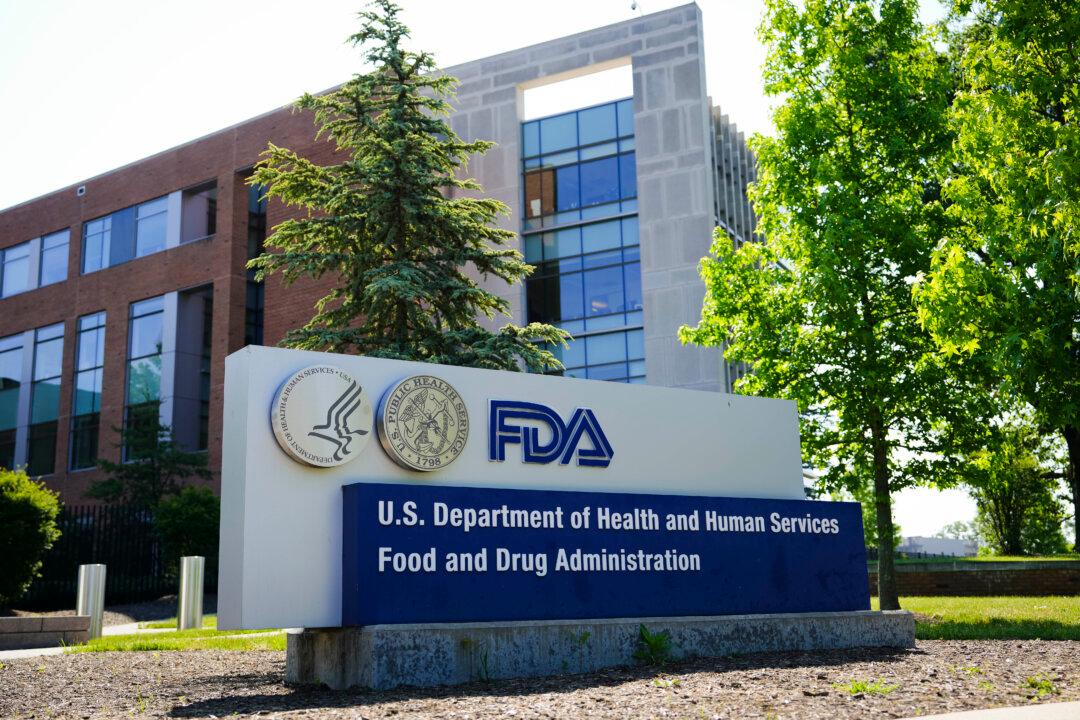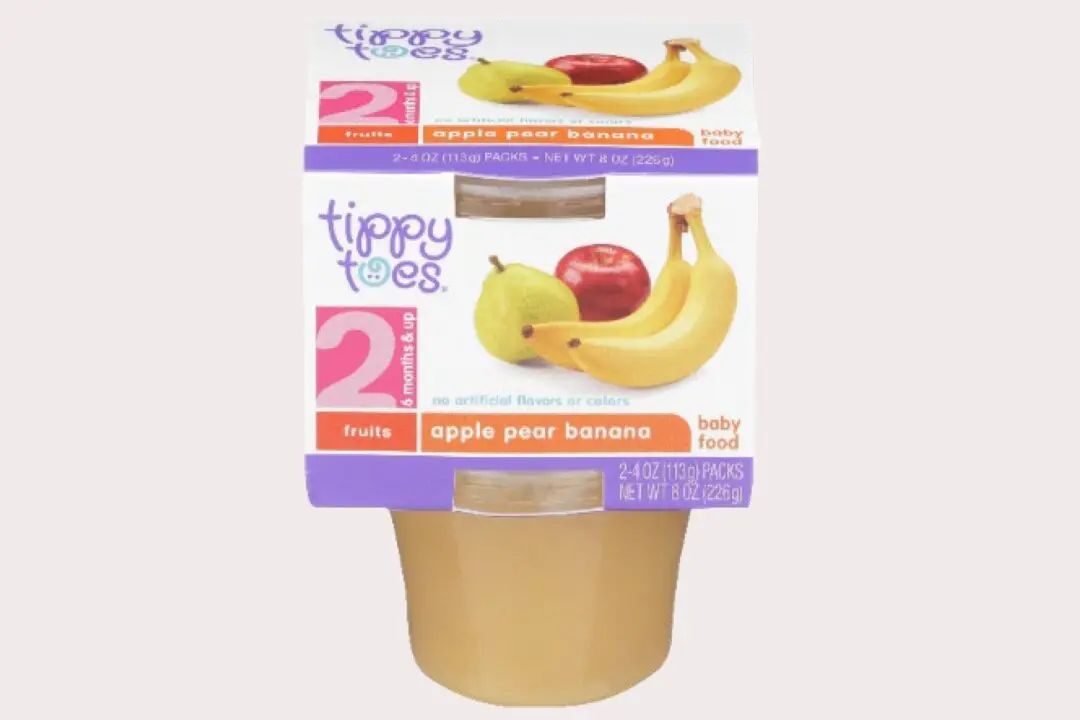The U.S. Food and Drug Administration (FDA) has issued a recall of eye drop products manufactured by Dr. Berne’s Whole Health Products due to worries about contamination.
The voluntary recall is applicable to “all lots” of Dr. Berne’s MSM DROPS 5%, 15% Solution, Dr. Berne’s Organic Castor Oil Eye Drops, and Dr. Berne’s MSM MIST 15% Solution, according to an Aug. 26 FDA recall notice.





